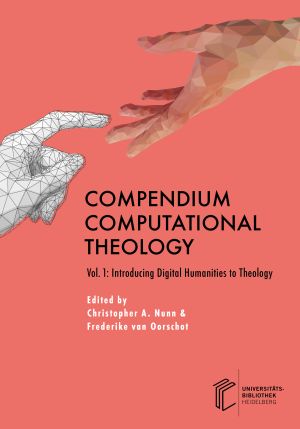How to Cite
License (Chapter)

This work is licensed under a Creative Commons Attribution-ShareAlike 4.0 International License.
Published
Sentiment Analysis
Abstract This chapter presents an overview of Sentiment Analysis with a focus on how it is typically applied in the Digital Humanities field. More specifically, we discuss linguistic issues, such as irony and the use of emoji, that make sentiment analysis challenging and we provide a brief description of several tasks and sub-tasks, all related to subjective texts but seen from different angles: i. e., subjectivity classification, document- and sentence-level polarity classification, aspect-based sentiment analysis, stance detection, irony detection and emotion analysis. In addition, we introduce lexicon-based and machine learning approaches to sentiment analysis. Open issues and best practices for the application of sentiment analysis methods in Digital Humanities are also discussed and the chapter closes with a list of emergent trends in the field.
Keywords Sentiment Analysis, Opinion Mining, Emotion Analysis



